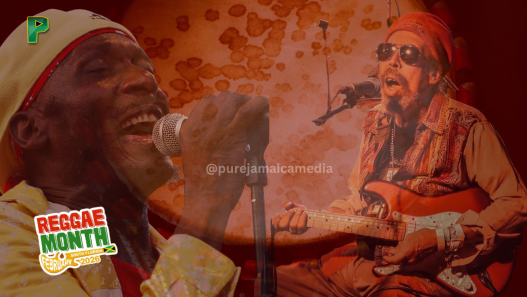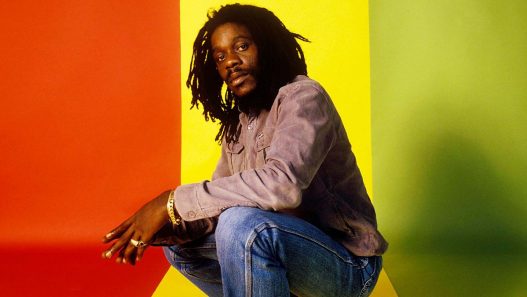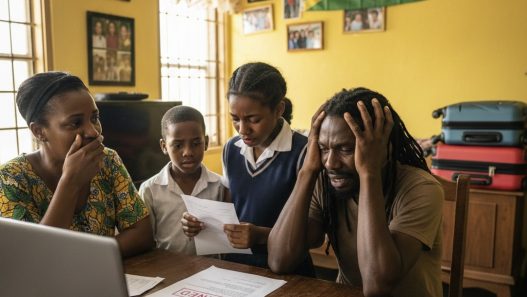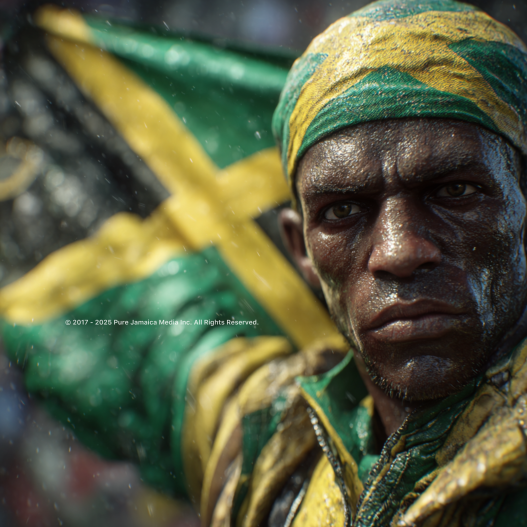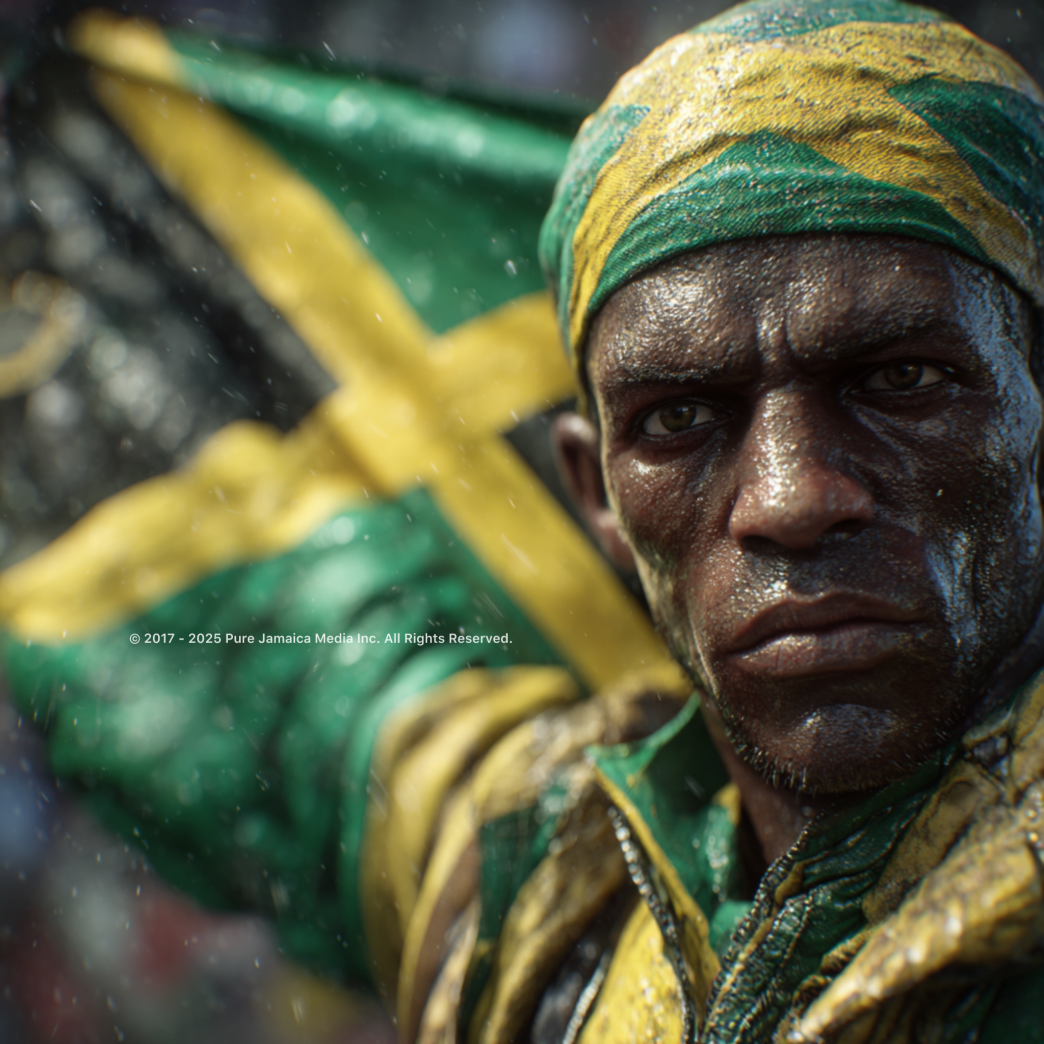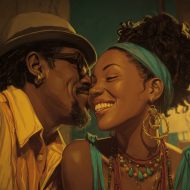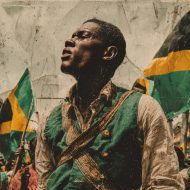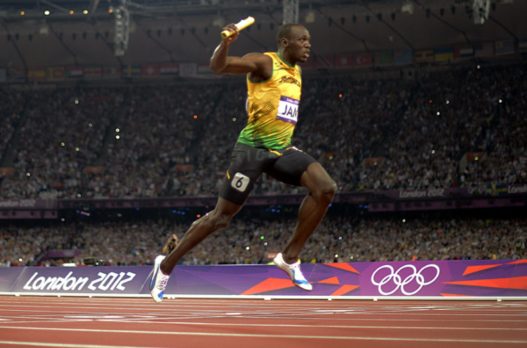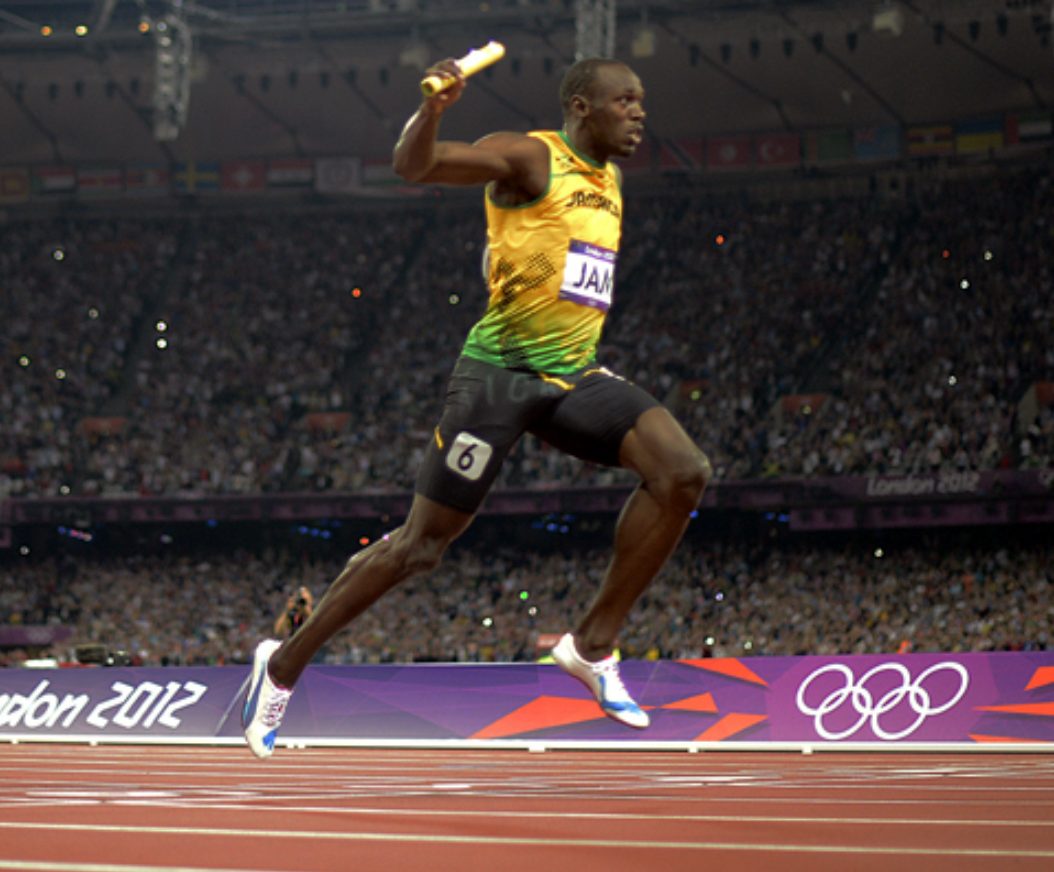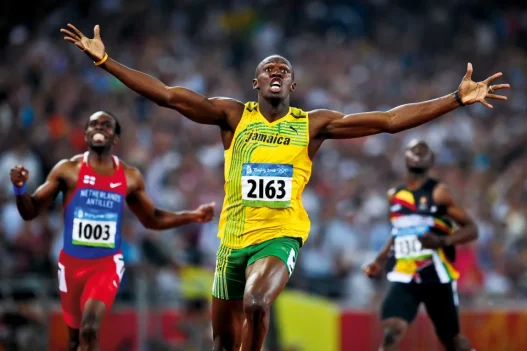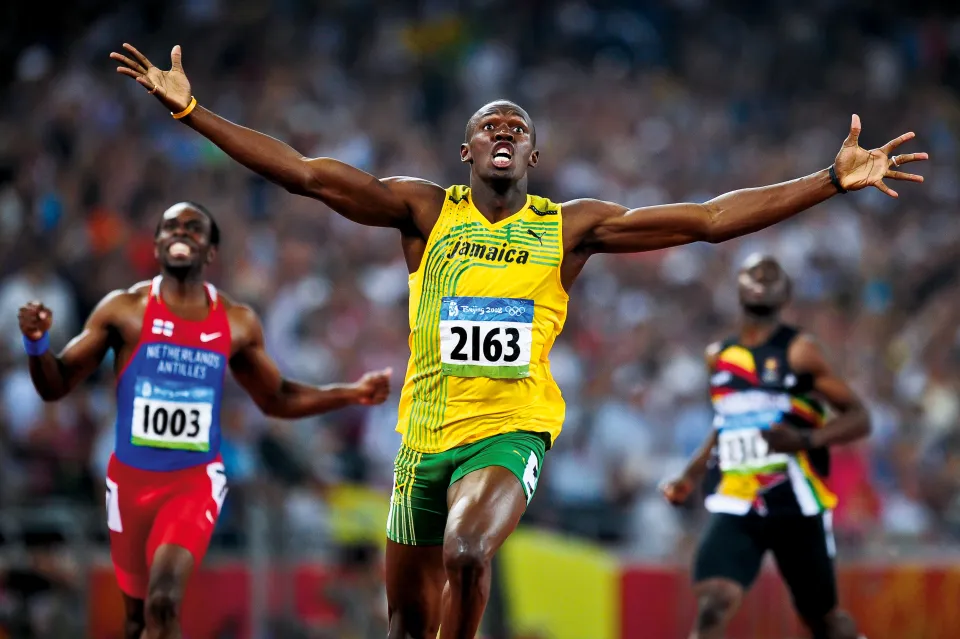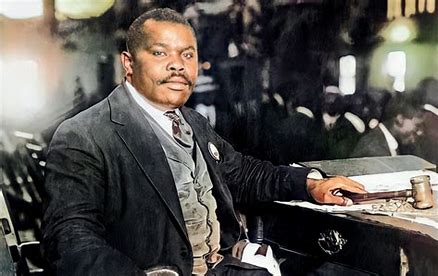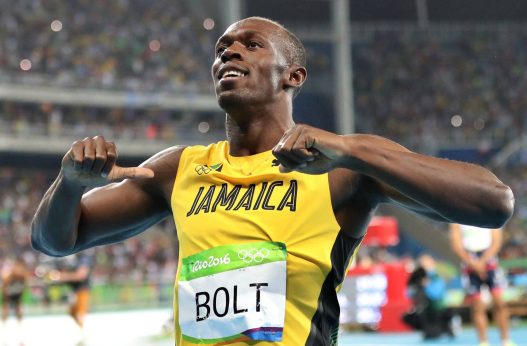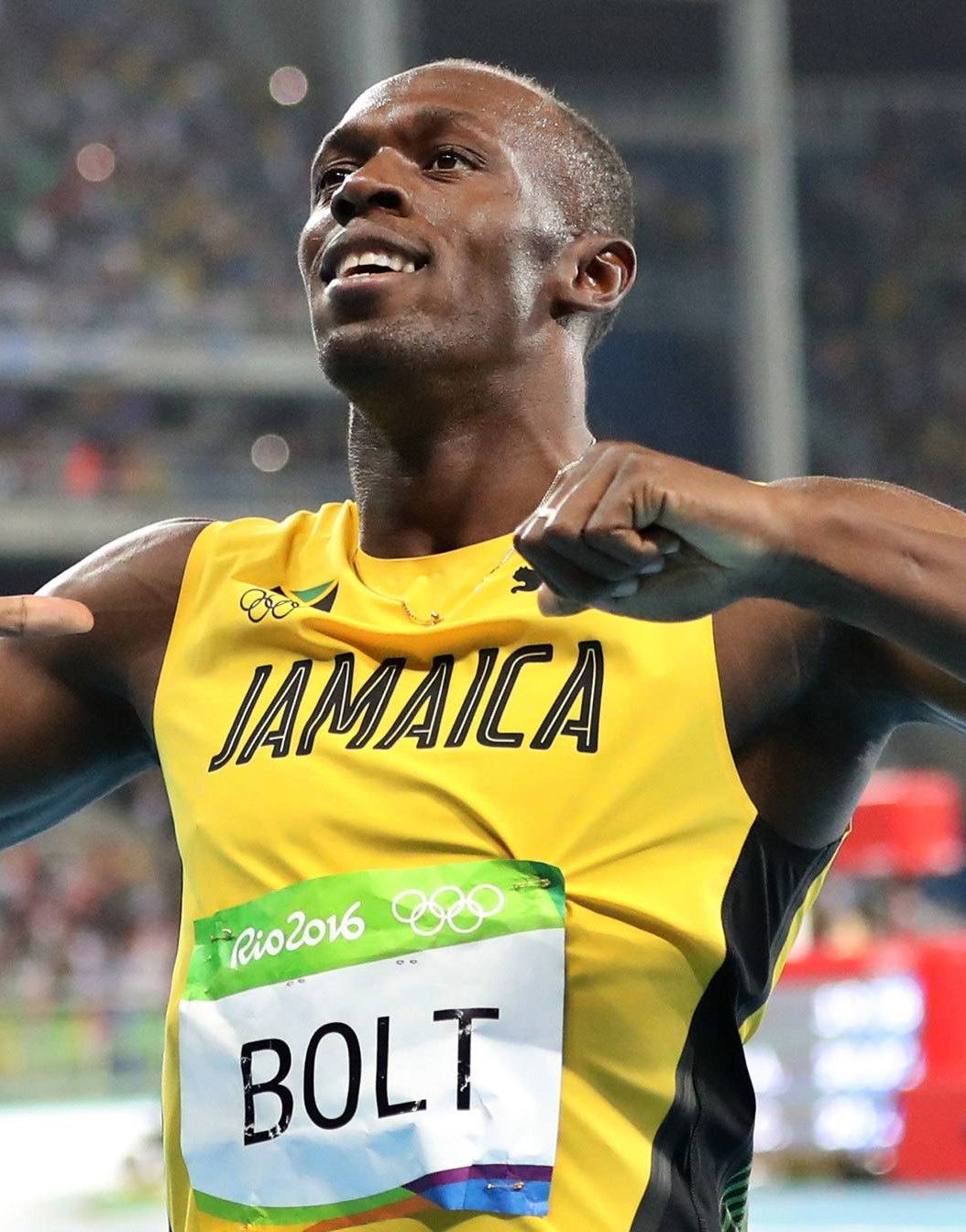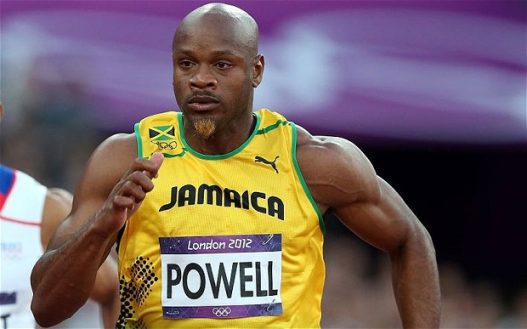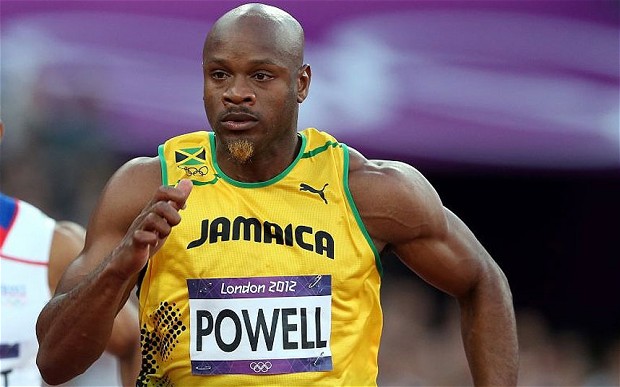Every year on August 6th, Jamaica marks a significant milestone in its history—Independence Day. This date commemorates the moment in 1962 when Jamaica officially gained independence from the United Kingdom, making it the first English-speaking Caribbean island to achieve this status. The path to self-governance was long and challenging, rooted in a struggle that began centuries earlier. Pioneering figures such as Marcus Garvey, Alexander Bustamante, and Norman Manley played crucial roles in this journey toward freedom.

Significance and Traditions
Independence Day is a time filled with national pride and colorful festivities. The celebrations often extend beyond a single day, transforming into a week-long series of cultural events that culminate in the grand celebration on August 6th. Here are some of the key highlights of the festivities:
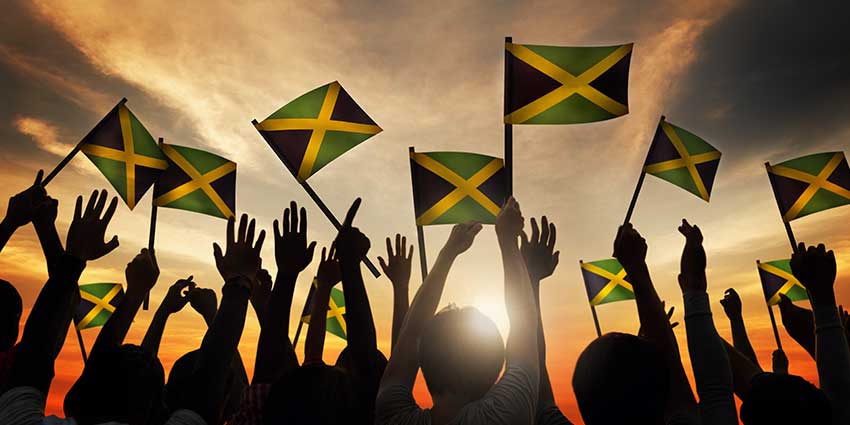
Flag Raising Ceremonies
These solemn events symbolize Jamaica’s newfound freedom. The Jamaican flag, adorned with its distinctive black, green, and gold colors, is hoisted high. Each color represents an essential aspect of the nation: black signifies the strength and creativity of the people, gold represents natural beauty and sunshine, and green symbolizes hope and agriculture.
The Jamaica Independence Festival
Established in 1962, this national festival showcases Jamaica’s rich cultural heritage through various literary and performing arts. The festival includes agricultural exhibitions, parades, traditional music and dance competitions, and the popular World Reggae Dance Finals.
The Grand Gala
Held at the National Stadium in Kingston, the Grand Gala is a spectacular event that attracts thousands of Jamaicans each year. The celebration features live performances, marching bands, military parades, dance, music, and an impressive fireworks display.
Street Parades and Cultural Displays
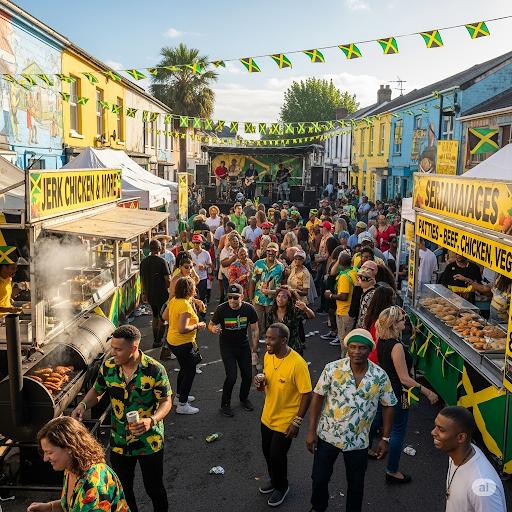
Throughout the island, colorful parades bring the streets to life. People don attire in the national colors, showcasing traditional games, music, and dance, creating a vibrant atmosphere of celebration.
Traditional Food and Family Gatherings
No celebration is complete without delicious Jamaican cuisine. Families gather for cookouts, sharing traditional dishes such as jerk chicken, ackee and saltfish, and festival, making Independence Day a time for bonding and culinary enjoyment.
Emancipation Day and Its Connection
Jamaica’s Independence Day celebrations are closely intertwined with Emancipation Day, observed on August 1st. Emancipation Day commemorates the abolition of slavery in the British West Indies in 1834, marked by the Slavery Abolition Act of 1833. Vigils are held on the eve of Emancipation Day, featuring traditional music and dance. These events lead into celebrations that connect the island’s journey from slavery to independence, highlighting the resilience of the Jamaican people.
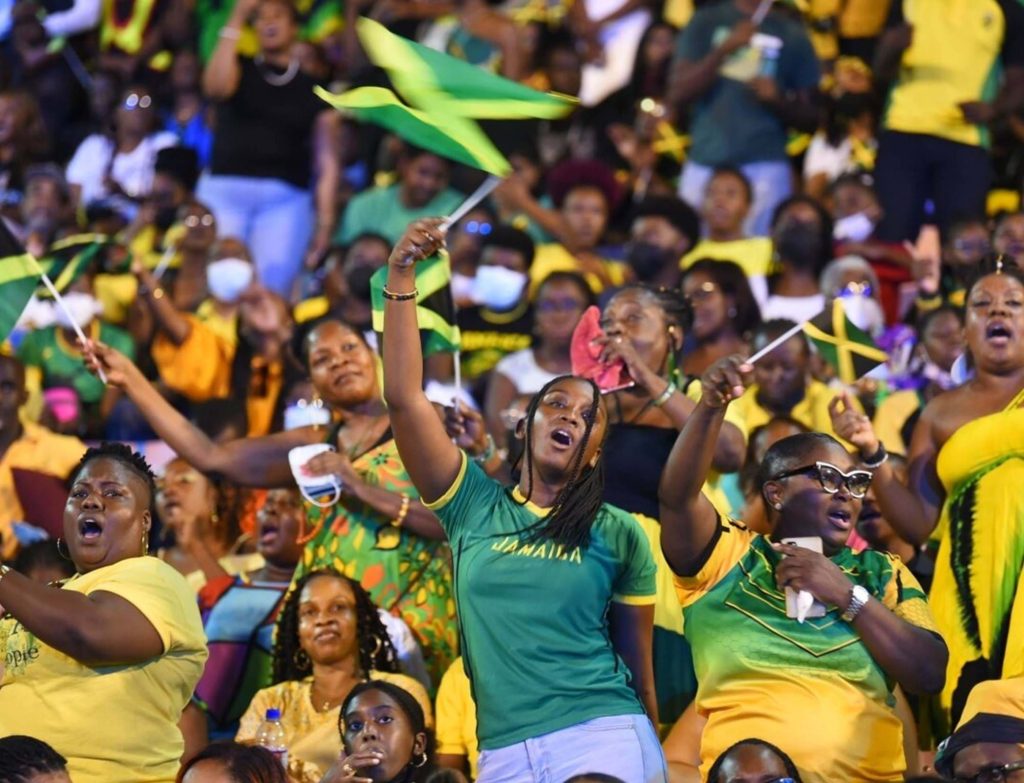
Jamaica’s Independence Day serves as a powerful reminder of the nation’s resilience, vibrant cultural identity, and the enduring spirit of its people.
Questions and Answers
Q: When is Jamaica’s Independence Day celebrated?
A: Jamaica’s Independence Day is celebrated annually on August 6th.
Q: What historical significance does this day hold?
A: It marks the day in 1962 when Jamaica gained independence from the United Kingdom, becoming the first English-speaking Caribbean island to do so.
Q: What are some key traditions associated with Independence Day?
A: Key traditions include flag raising ceremonies, the Jamaica Independence Festival, the Grand Gala, street parades, and family gatherings featuring traditional Jamaican cuisine.
Q: How is Emancipation Day related to Independence Day?
A: Emancipation Day, observed on August 1st, commemorates the abolition of slavery in the British West Indies and is closely linked to Independence Day as both celebrate the journey towards freedom and self-governance.
Q: Who were some important figures in Jamaica’s struggle for independence?
A: Key figures include Marcus Garvey, Alexander Bustamante, and Norman Manley, who played pivotal roles in the fight for self-governance.


